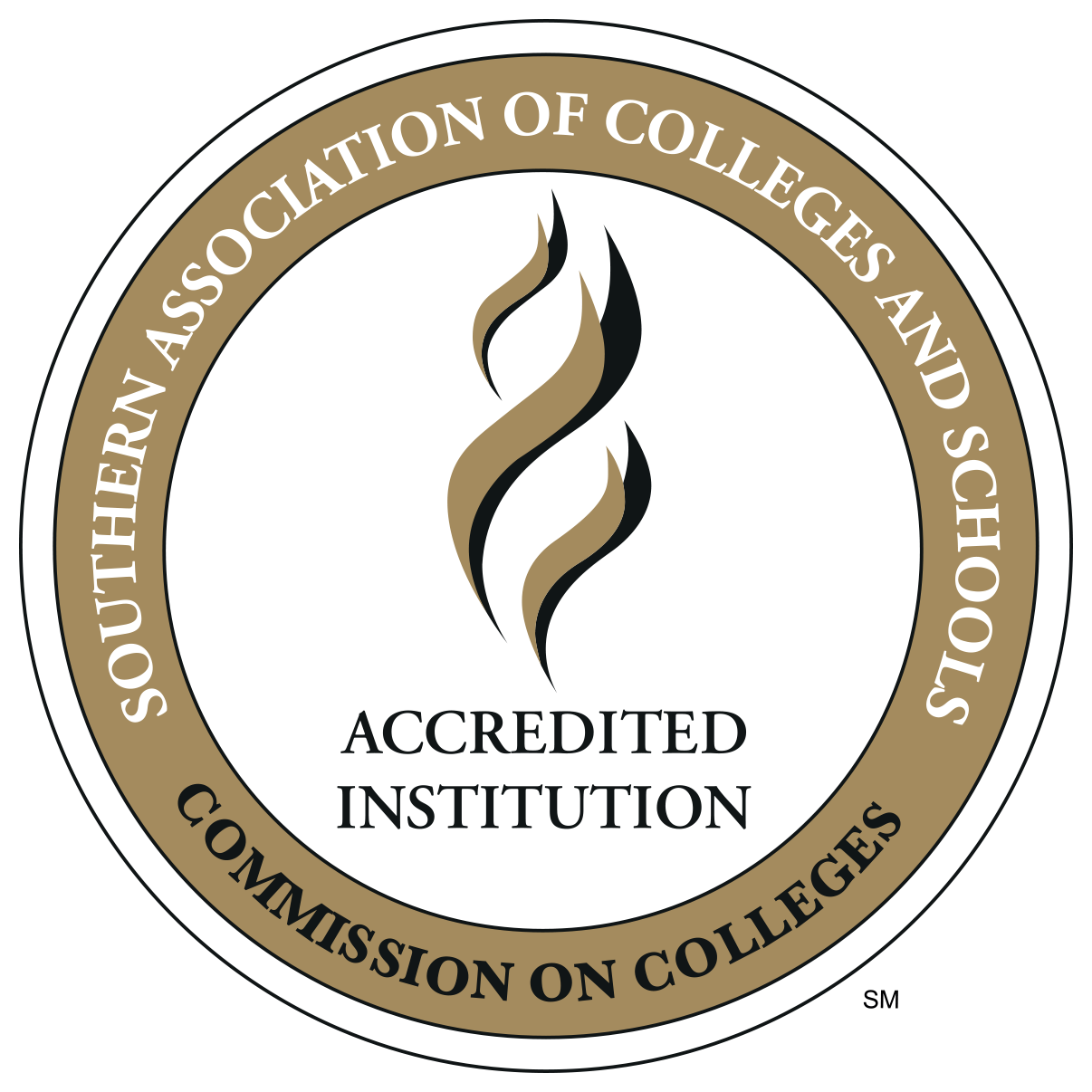Admissions
Quick Navigation
Student Affairs
Address
Physical Address:
1126 Solomon Blatt Blvd.
Denmark, South Carolina
29042-0327
Mailing Address:
P.O. Box 327
Denmark, South Carolina
29042-0327
Tel: (803) 793-5176
Fax: (803) 793-5942

- Denmark Technical College
- All Rights Reserved
